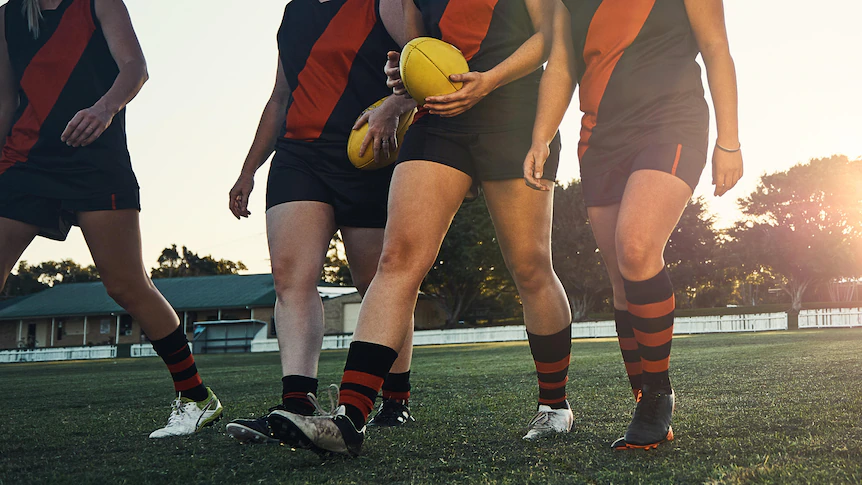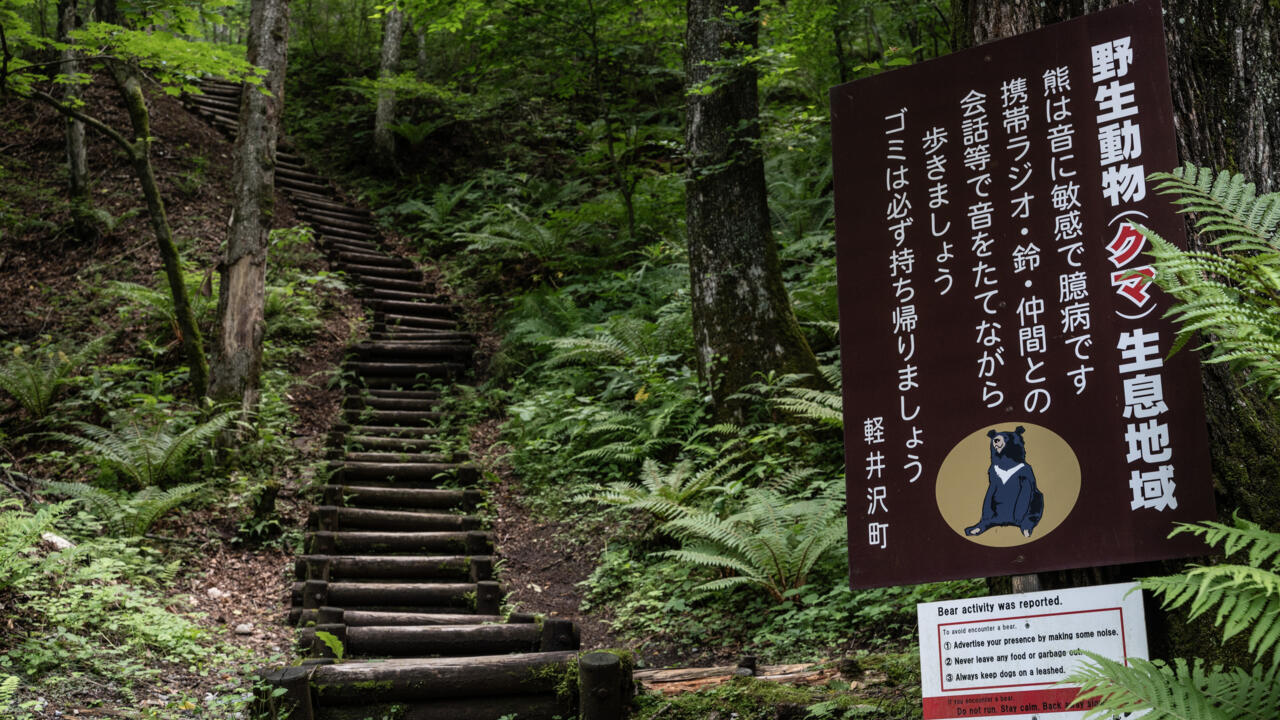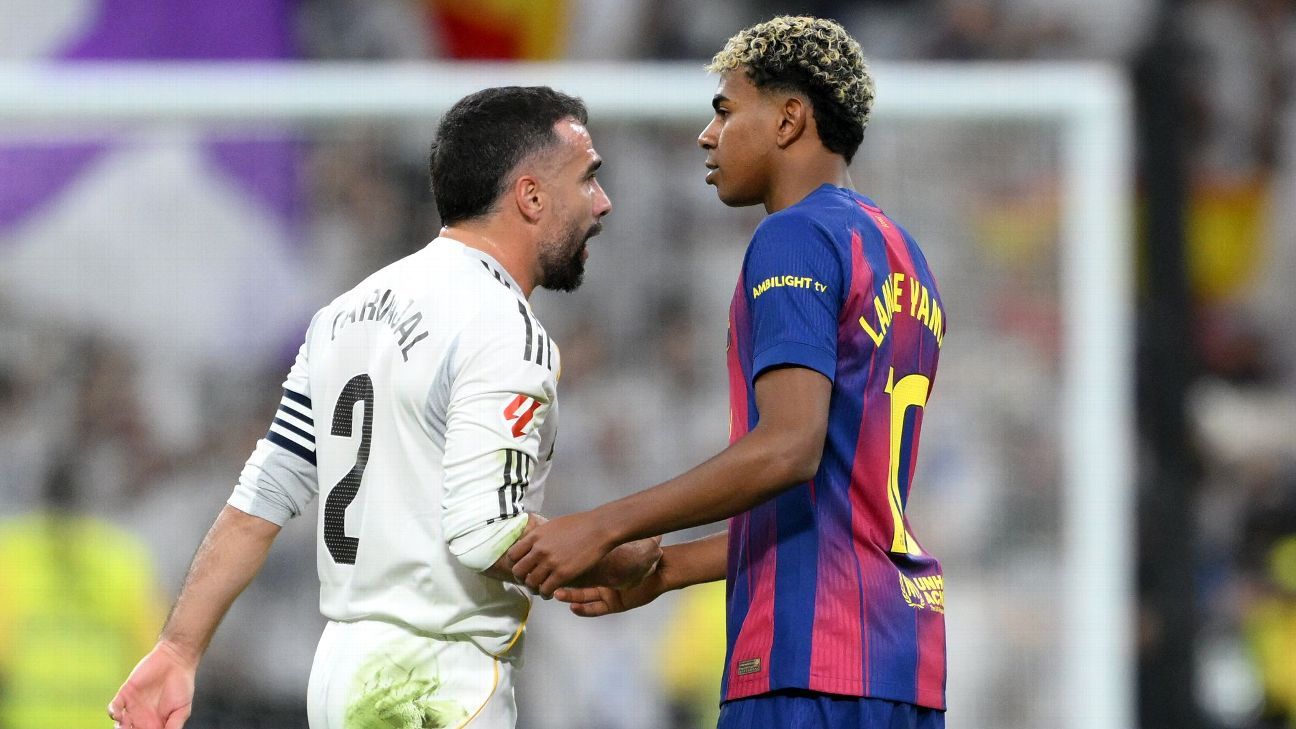Copyright abc

Aish Ravi stopped playing community football three years ago after she said she was racially vilified by an opposition player and she felt was not adequately dealt with by her club or league. The experience left her feeling unsupported and exhausted. "The club didn't really know how to act. I felt like a lot of people more so wanted to sweep the matter under the rug and not actually address the problem," Ravi told ABC Sport. "The league didn't really have a policy and process in place, the club didn't really know what to do, and therefore, no real action happened." Ravi found her experience was all too familiar for culturally diverse women in community sport when she helped author a new study by Deakin University, supported by Monash University and the University of Melbourne, which revealed women and girls were being turned away from community sport due to the impact of racism. The research involved in-depth interviews with 20 women from ethnically diverse backgrounds involved in community sport in Victoria as players, coaches, parents, administrators, board and committee members. They all had either experienced or witnessed first-hand racism in sport. It found racist behaviour experienced by women and girls most commonly took the form of appearance-based name-calling, bias, microaggressions and a lack of understanding of diverse cultures. Project lead associate professor Kim Toffoletti said a Victorian rugby player of Pacific Islands descent told of being called an "island monkey" and a "savage". "Another sportswoman of Muslim heritage was told that by playing sport, she had been freed from wearing a hijab. Both examples are insensitive at best, and discriminatory and offensive at worst," Toffoletti said. The findings have prompted calls by researchers for a zero-tolerance approach to racism in community sporting clubs and a need for clearer guidelines on what constitutes racism, the consequences for such behaviour, and greater transparency in reporting. Ravi said they found a lot of participants hesitated in reporting racism in the first place, as they did not have any trust in the reporting process and confidence that anything would be done about it. She added that many felt "there wasn't really any consideration for the person's well-being" when they reported issues, something she could relate to from her own experience. "I was very exhausted, just mentally exhausted, I felt gaslit throughout the whole process," she said. "I felt like I had to kind of justify that, OK, no, this is the right thing I am doing, I'm not wrong." Molina Asthana, founder of Multicultural Women In Sport, has served on a vast array of boards, including across Table Tennis Victoria, Handball Victoria and Gymnastics Victoria. She said a lack of culturally diverse people in executive positions, on boards and in administrative positions could often result in a lack of understanding around how racism permeated sport and could impact its participants. "Because we are in such a white sort of Anglo environment, most of the time in the sporting sector, you don't get much support for your views. You're called a troublemaker, usually, if you have different views," Asthana said. "So everyone will sort of side with the majority and the person who's in a minority, who's being discriminated against, who raises their voice against discrimination, [they] are constantly marginalised. "Their viewpoint is just not understood, or they're made to feel like they're creating conflict, rather than actually raising an issue." University of Melbourne researcher Professor Karen Farquharson added: "Participants also believed existing organisational strategies in community sport to address racism, such as hosting multicultural days and Indigenous rounds, are tokenistic and not meaningful." Ravi said she hoped the report would be read by clubs and leagues across all levels of community sport, who would then improve support systems for culturally diverse women and girls in sport who experience racism. "[We wanted] to try to illustrate the impact of racism on people and our communities, so then we can try to educate people as to the meaning behind it, their actions and how it can really deeply scar and hurt people," Ravi said.



